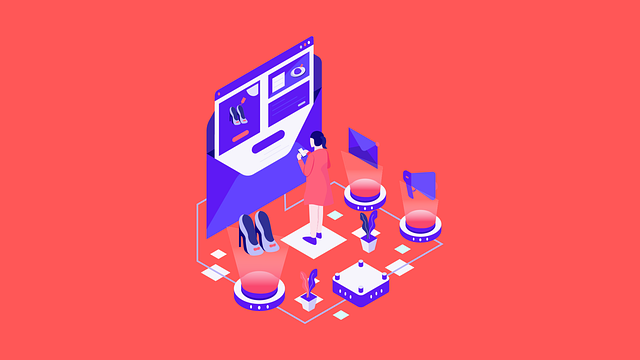
The emergence of artificial intelligence (AI) has transformed numerous sectors, offering remarkable capabilities that were once the stuff of science fiction. One area where AI is making significant strides is the field of content creation. Leveraging advanced algorithms, it’s now possible to produce unique, engaging, and tailored content at an unprecedented pace. Let’s explore how AI is redefining the creative process and the implications of this revolution.
A New Dawn in Creativity
Traditionally, content creation was labor-intensive, requiring human expertise, intuition, and creative flair. Writers, designers, and marketers would spend countless hours brainstorming, drafting, and refining their work. But with the advent of AI, a seismic shift is occurring.
Intelligent systems equipped with machine learning algorithms can now analyze vast amounts of data, identify patterns, and generate content that resonates with audiences. This goes beyond mere automation; it’s an entirely new way of approaching creativity.
Content Tailoring: The Personal Touch
One of the most intriguing aspects of AI-driven content creation is the ability to personalize content for different audiences. By analyzing data points such as user behavior, preferences, and demographics, AI can craft content that’s precisely aligned with individual interests.
Imagine receiving a newsletter or product recommendation that feels as though it was specifically created for you. This kind of personalization can enhance user engagement and conversion rates, providing a more meaningful connection between brands and consumers.
Speed and Scalability: Content at the Speed of Light
The capacity for rapid content production is another game-changing advantage of AI. Manual content creation can be a slow, cumbersome process, particularly for large organizations that need to produce content at scale. AI can generate articles, reports, or even video scripts in a fraction of the time, allowing businesses to maintain a consistent and fresh online presence.
This speed doesn’t come at the expense of quality, either. Advanced algorithms can mimic human writing styles, maintain coherence, and even incorporate humor or emotion when appropriate.
Ethical Considerations: Walking the Fine Line
While the potential benefits are substantial, the rise of AI in content creation also raises critical ethical questions. The line between human creativity and machine-generated content can become blurred, leading to concerns about authenticity and originality.
In response to these concerns, some organizations incorporated an AI detector, a tool designed to recognize algorithm-generated content. These detectors can be employed to ensure the transparency of content origin, clearly distinguishing between human and AI-created works.
But AI detectors themselves present new challenges. What are the criteria for judging authenticity? Can we always clearly define what is human and what is machine creativity? These questions add complexity to an already intricate issue.
Moreover, the automation of creative roles could lead to job displacement for writers, journalists, and other content creators. Society must address the complex challenge of balancing the benefits of efficiency and personalization with the potential social impact.
The ethical landscape surrounding AI and content creation is rich and multifaceted, requiring careful consideration and responsible stewardship as this technology evolves. Whether it’s using AI detectors or establishing new industry guidelines, the ethical framework will be a critical component of this exciting new frontier in creativity.
Future Prospects: The Uncharted Territory
Integrating AI into content creation is still in its early stages, and the possibilities are virtually limitless. Researchers and innovators continue to explore new methods for enhancing creativity, ranging from AI-assisted design tools to intelligent systems that can compose music or create artwork.
Collaboration between humans and machines will likely be a significant trend in the coming years. Rather than replacing human creativity, AI can augment it, providing tools that enable content creators to reach new heights of innovation and expression.
The potential synergies between human intuition and machine efficiency could open doors to forms of creativity that we can scarcely imagine today.
Conclusion: A Revolution in Progress
The marriage of AI and content creation is reshaping how we think about creativity, communication, and connection. With its ability to tailor content, produce at unparalleled speeds, and explore new creative horizons, AI is poised to become an integral part of the digital landscape.
However, this revolution is not without challenges. Ensuring that AI is used responsibly, maintaining authenticity, and finding the right balance between human and machine input will be essential as we venture into this exciting new era.
As we continue to explore the intersection of technology and creativity, one thing is clear: the future of content creation is not just about automation. It’s about a profound transformation that reimagines the very essence of creativity, opening new pathways for innovation, engagement, and expression.
